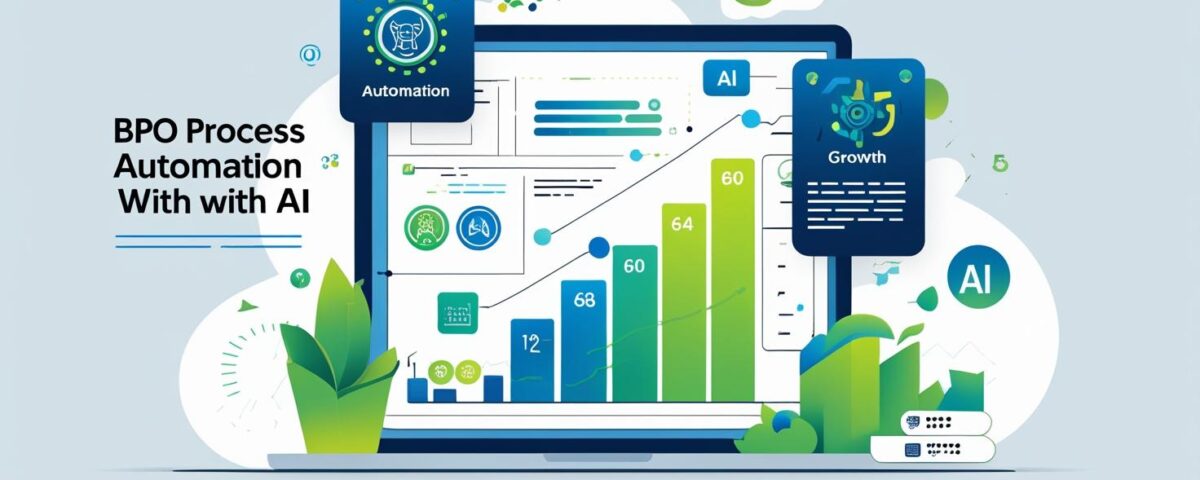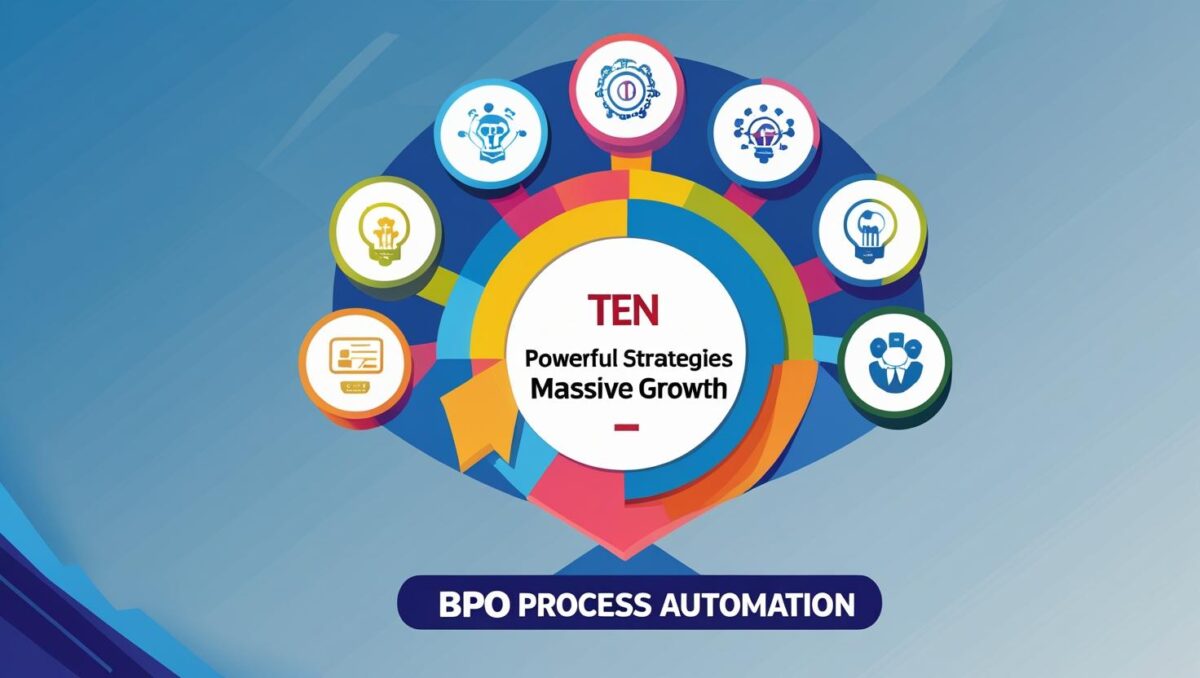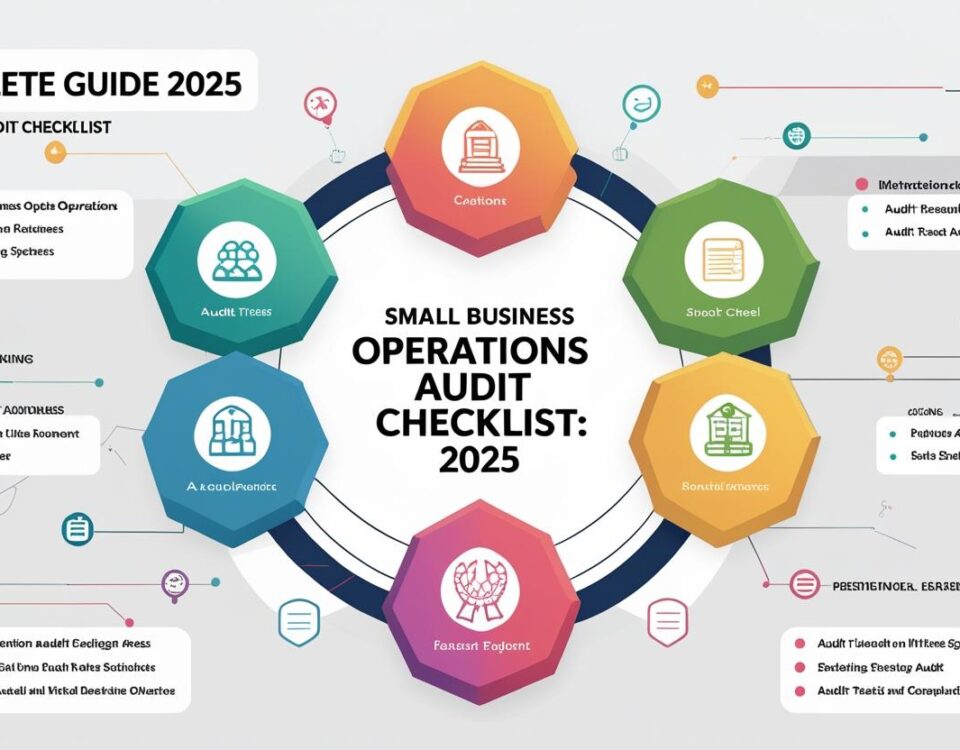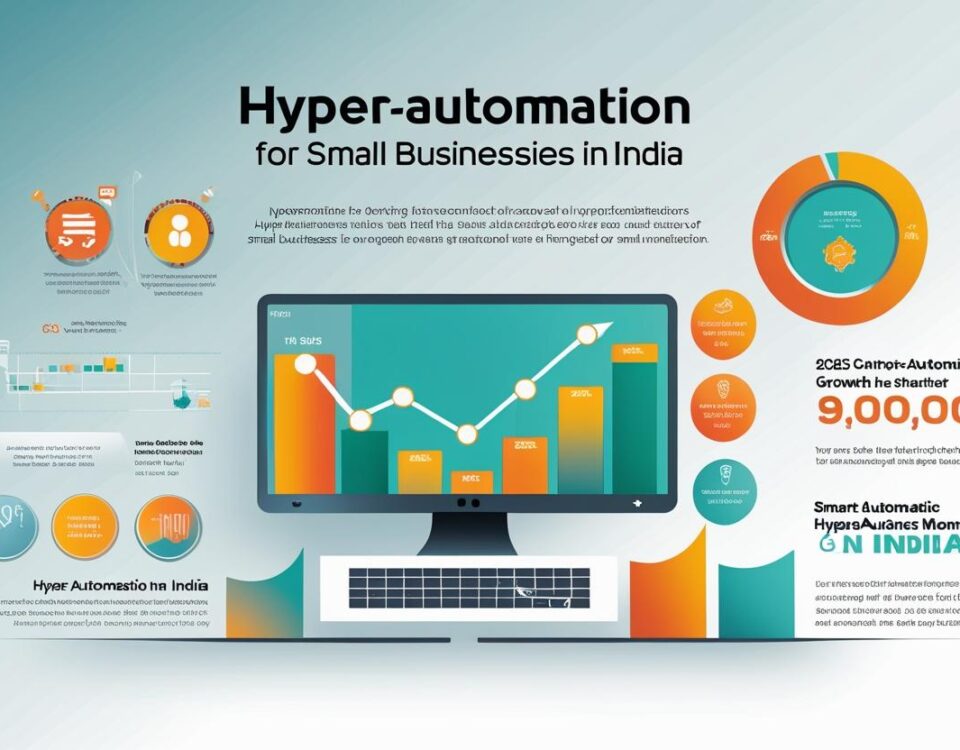BPO Process Automation: 10 Proven, Powerful Strategies for Massive Growth

BPO Process Automation: 10 Proven, Powerful Strategies for Massive Growth

BPO process automation is redefining how outsourcing providers deliver value. With AI, analytics, and robotic process automation (RPA), modern BPO operations reduce manual work, cut errors, and free agents to focus on complex, high-impact tasks. Read more about how I approach automation strategies in my guide: Hyperautomation for Small Business: The Complete 2025 Guide to Smart Growth.
Table of Contents
- Why BPO Process Automation Matters
- Core Benefits for BPOs
- High-Impact Automation Use Cases
- Data & Workforce Analytics
- Implementation Checklist
- KPIs to Track
- FAQ
Why BPO Process Automation Matters
Outsourcing has always centered on scale and cost efficiency. What’s changed is the toolset. AI models, RPA bots, and decision intelligence platforms can now handle repetitive tasks at machine speed, analyze all interactions for quality and compliance, and surface insights that previously hid in spreadsheets. For broader operational diagnostics, check out my Operations Audit Checklist guide.
Core Benefits for BPOs
- Cost efficiency: Automate high-volume, rules-based tasks to reduce manual effort and errors. For real-world cost reduction strategies, see my post on Reducing BPO Operating Costs.
- Productivity gains: RPA and AI assistants improve handle times and back-office throughput.
- Scalability: Software scales elastically with demand—much like no-code workflows for remote teams, detailed in my No-Code Document Workflow Automation guide.
- Quality & compliance: Automated checks standardize process execution and flag deviations immediately.
- Better customer experience: With 24/7 automation for routine tasks, human agents can deliver more personalized support.
- Data-driven decisions: Analytics transforms scattered metrics into strategic operational insight.
High-Impact Automation Use Cases
1) Contact Center Tier-1 Support
Utilize chatbots for FAQs, status updates, password resets, and appointment scheduling. For AI use in workforce transformation, see Agentic AI in India.
2) Back-Office Processing
Deploy RPA + OCR to automate invoice, form, and email handling—feeding clean data into systems and minimizing errors.
3) Quality Assurance & Compliance
Automate monitoring of calls and chats using analytics to score for adherence and performance.
4) Workforce Management
Use predictive models to forecast demand and optimize staffing—elevating scheduling efficiency.
5) Knowledge Management & Agent Assist
Leverage AI-augmented knowledge bases for real-time assistance during agent interactions.
Data & Workforce Analytics: The Engine Behind Automation
Every BPO generates metrics—calls, queues, handle times, resolutions, escalations. Analytics let you identify bottlenecks, measure impact, and prioritize automation. Together, BPO process automation and analytics create a continuous improvement loop.
Implementation Checklist (Practical & Proven)
- Map workflows—document high-volume, rule-based steps in support/back office to target for automation.
- Standardize inputs—templates and validation help bots process clean data reliably.
- Pilot strategically—start small with measurable, impactful use cases.
- Choose your stack—RPA, OCR, AI, analytics, with secure integration into core systems.
- Design human-in-the-loop—bots handle routine steps, with human oversight for edge cases.
- Train & support—educate agents about tools, adjust SOPs, and reinforce adoption.
- Monitor KPI impact—compare AHT, FCR, error rates, and customer experience before and after.
- Scale iteratively—expand automation to adjacent processes using reusable components.
- Secure the system—enforce access controls, encryption, and policy-aligned data handling.
KPIs to Track for Continuous Improvement
- Operational: Average Handle Time (AHT), First Contact Resolution, Service Level, Abandonment Rate, Backlog Age
- Automation: Bot Containment Rate, Straight-Through Processing %, Exception Rate, Rework Rate
- Quality: QA Score, Policy Adherence, Error Rate per 100 Transactions
- Experience: CSAT, NPS, Customer Effort Score, Avg Response Time
- Financial: Cost per Contact, Cost per Transaction, Overtime %, Productivity per FTE
Review weekly to ensure automation stays on target and evolves over time.
FAQ: BPO Process Automation
What is BPO process automation?
Automation using RPA, AI, and analytics to manage repetitive outsourcing tasks—reducing effort and errors while boosting consistency and service quality.
Where should we start?
Focus on a single, rule-based process with clear outcomes. Pilot, measure, and expand from there.
Will automation replace agents?
No—bots free agents to handle complex interactions, where empathy and judgement matter most.
How soon can we see ROI?
Quick wins in back-office can deliver returns in weeks. Contact center improvements typically emerge in one to three quarters.
What about data security and compliance?
Implement privacy-by-design—encrypt data, use role-based access, maintain audits, and align with regulatory needs.
Next Steps
Define priority use cases, select your toolset, and commit to iterative deployment. A metrics-first rollout ensures compounding improvement.




